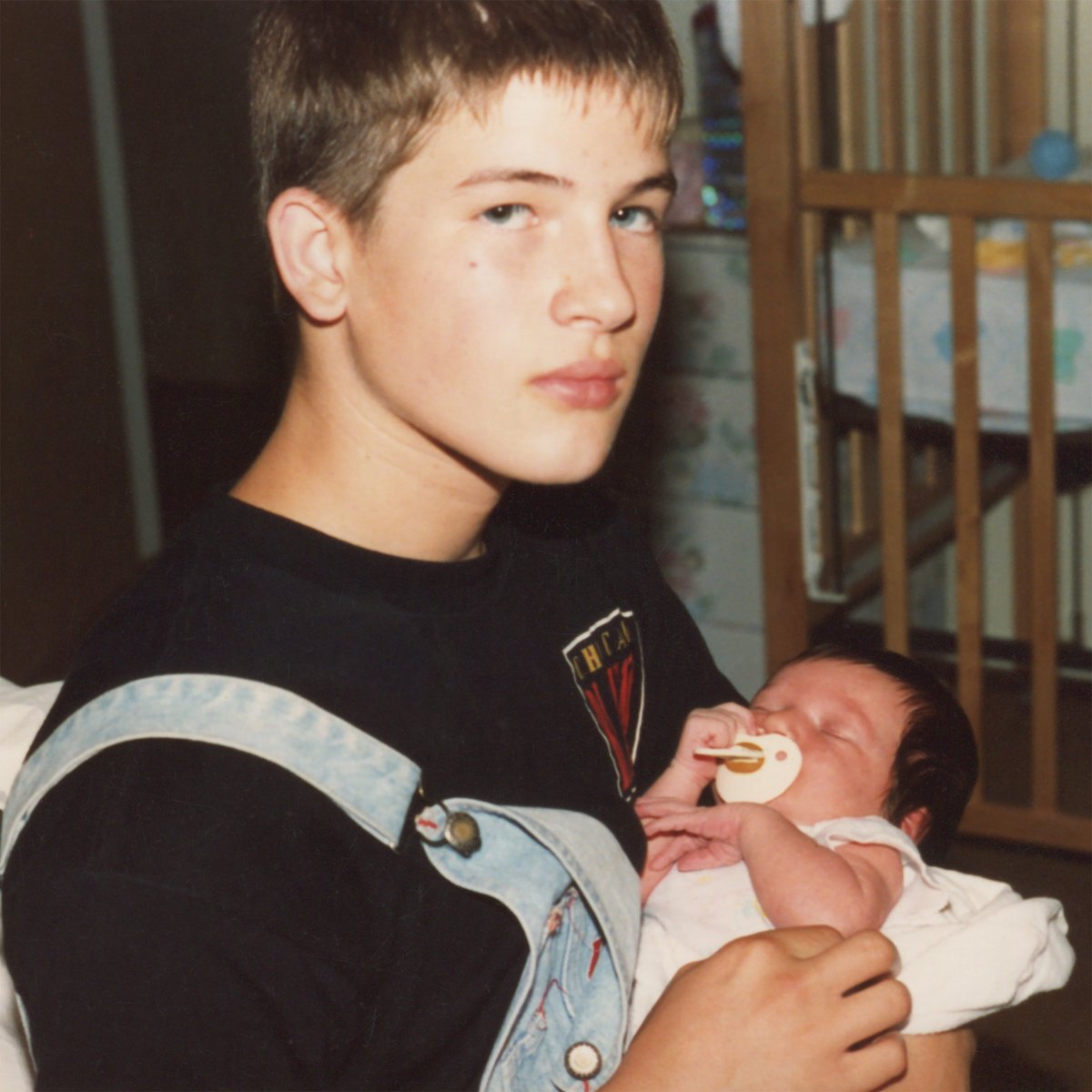Album Reivew: “Capacity” by Big Thief

Surveying the empty house, it would be tough at first to tell what Big Thief had stolen. In fact, it wouldn’t be until much later that you’d hear something you recognized, something in the emotional specificity of a moment that only you could know, and then you’d realize that was what they were after all along–that particular quality of the light, or the way your lover’s face looked just then–those little details that ended up being all there was. It’s with those details that the Brooklyn group’s 2016 debut album, Masterpiece, was constructed. Their second album, Capacity, builds off that foundation as well, exploring the same kinds of ideas, relationships, and musical forms, with perhaps an even greater degree of nuance this time around.

The band’s driving force continues to be Adrianne Lenker, who has the kind of voice that is somehow both haunting and soothing, her melodies woven in and around the sound of the guitars, instilling a sense of melancholic catharsis throughout. Lyrically, the album plays like a work of contemporary fiction–a series of fragmented narratives that loosely coalesce into something that feels whole, though defining exactly what that “whole” is proves to be mostly impossible, and also not really the point. Central to the album’s project are themes of femininity and masculinity, parenthood and childhood, love and loss, but the ways in which they overlap and entangle make them mostly irreducible beyond what Lenker has already done for us. Her sense of imagery is spot on though, and it’s in these little visions that Capacity speaks its piece, or more appropriately, pieces.
Meditating for a moment on the titular word, “capacity,” yields two possible definitions–one describing a kind of potential, the other a kind of space, and both are applicable here. Big Thief’s project has so far been one of exploring people’s potential, their capacity for love and pain and anger and forgiveness, and at the same time testing the capacity of a song to hold such vast concepts up against one another for us to examine. This second album is an exercise in expanding both kinds of capacity, using a variety of more spacious arrangements alongside a wider spectrum of experiences given voice by Lenker in service of the group’s ultimate goal, which seems to be not to steal anything at all, but simply to ask, and have it given willingly, happily, freely.
– Henry Whittier-Ferguson




